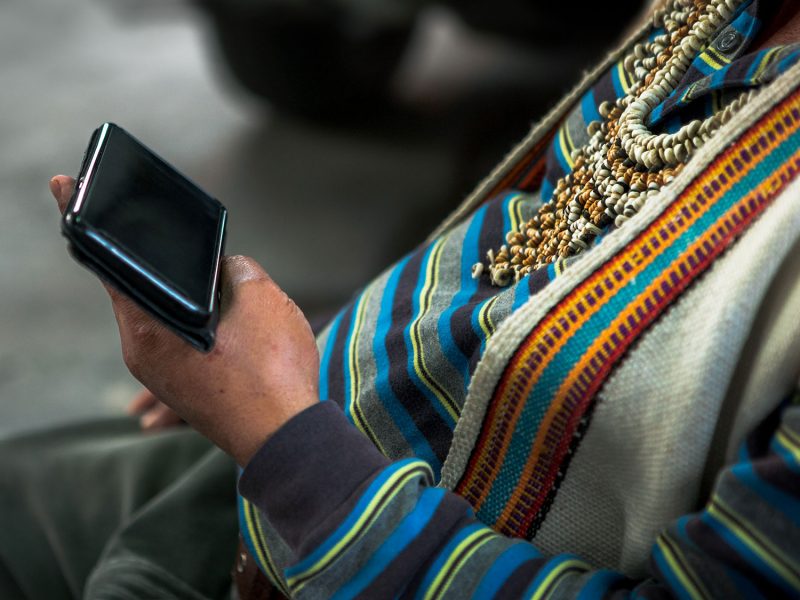Leveraging Government Data
Unlocking the power of data is foundational to a future-state skills ecosystem where public services are navigable, supportive, targeted, integrated and transparent. Through our experience with frontline practitioners, community leaders and government, we’ve identified three challenges that slow our progress: community data capacity gaps, friction within data-linking and under-leveraged datasets.
In response, we launched the Building Data Capacity portfolio to show how we can put data to work for Canadians We are doing so via two workstreams:
Practitioner Data Initiative
We are providing funding, tools, advice and technical assistance to nonprofit organizations to help them better collect, manage and use data.
- The Practitioner Data Initiative provides funding, advice, technical assistance and tools to 15 non-profits to help build their capacity to collect, manage and use data; and
- We also produce evidence on initiative outcomes to support scaling and build a sustainable path to help more organizations develop data capacity.
Leveraging Government Data
Through our partnership with Blueprint, we are testing the use of government data holdings to understand needs and service demand, support continuous learning and improve outcomes.
- We are using StatCan data to measure long-term outcomes of Canadians participating in our Scaling Up Skills Development programs; and
- Blueprint is developing a novel benchmarking model that leverages the Labour Market Program Data Platform (LMPDP) to identify outcomes benchmarks for employment and training programs.
The Leveraging Government Data model uses existing microdata—describing the characteristics and outcomes of historical labour market interventions—and Bayesian Multilevel Modeling (BMM), an adaptable, highly accurate and scalable approach to understanding program outcomes. Through BMM, we can account for differences in the design and context of past interventions while making predictions that are generalizable to new programs.
This report describes Blueprint’s preliminary designs and objectives for our benchmarking model and provides examples of practical application of the model in enhancing workforce development interventions.

Since the release of the design report in 2024, we have focused on two key areas of model development: Integrating Future Skills Centre pilot data and exploring ways to leverage large-scale data sources.






